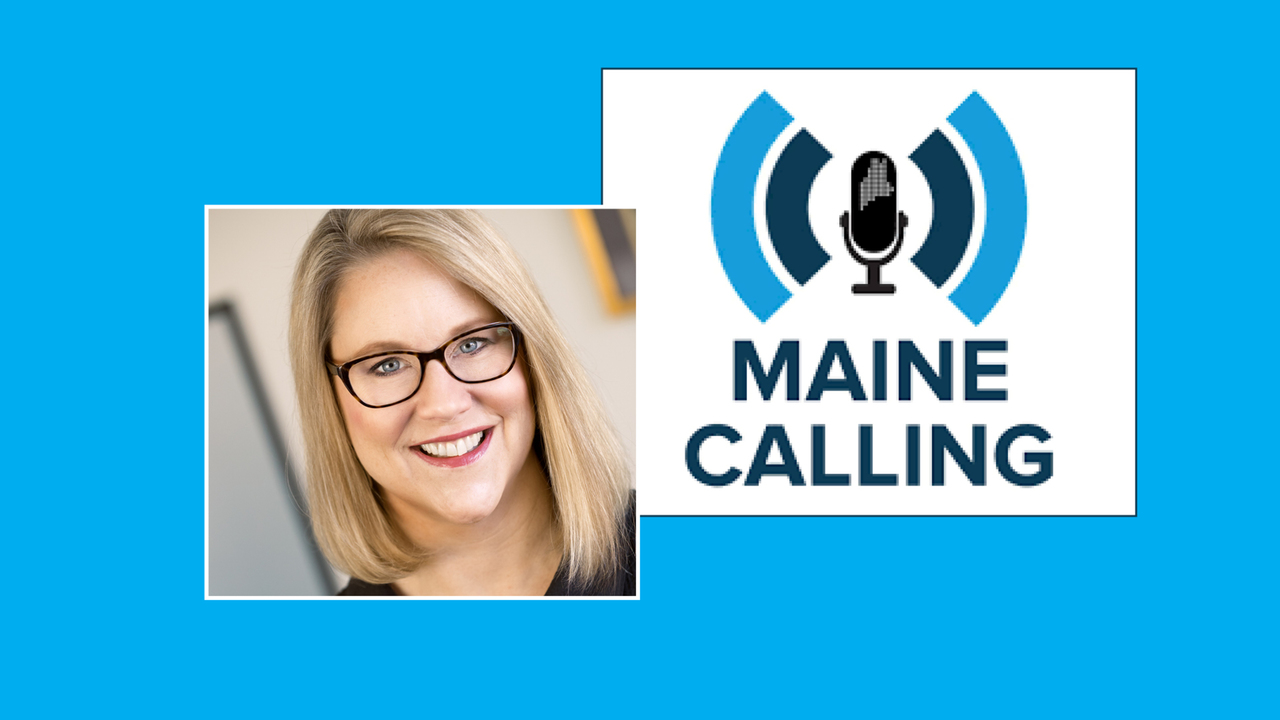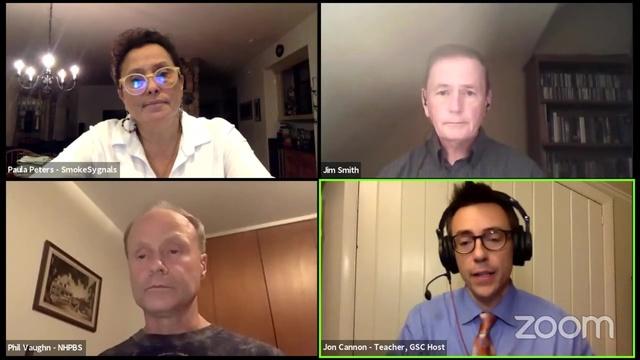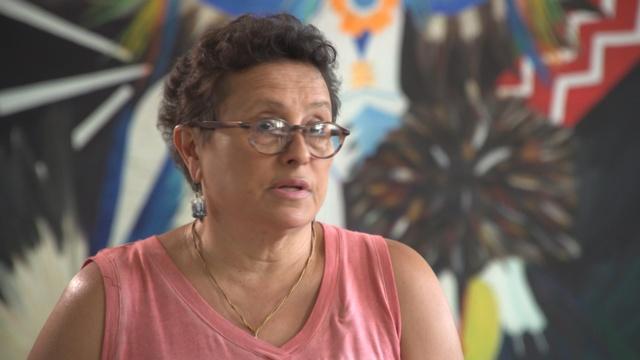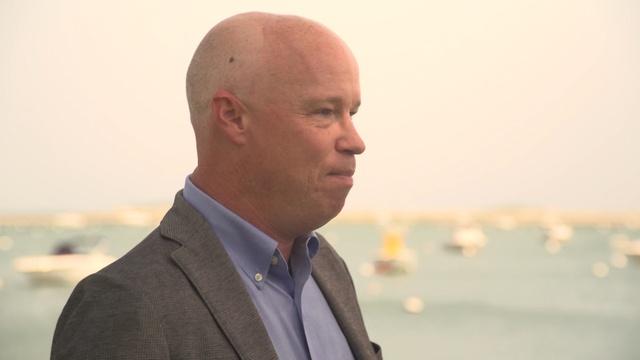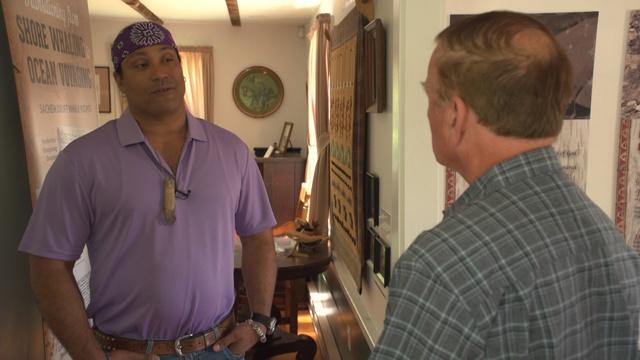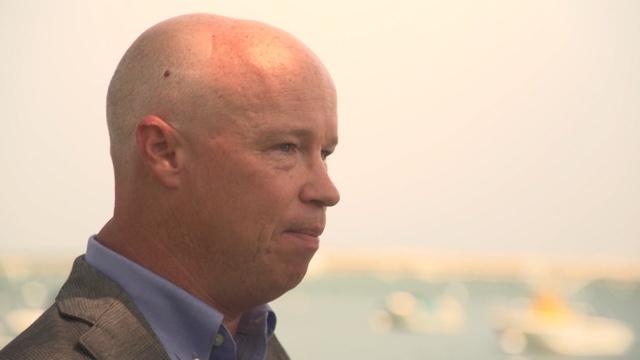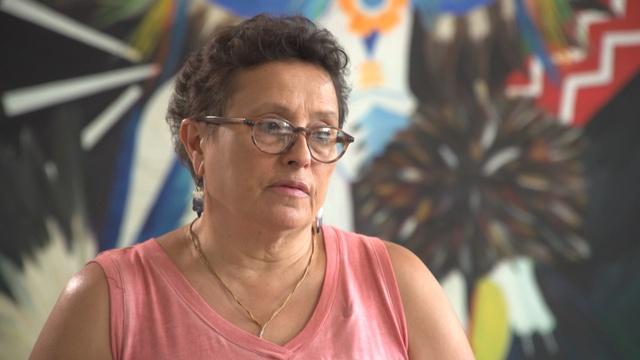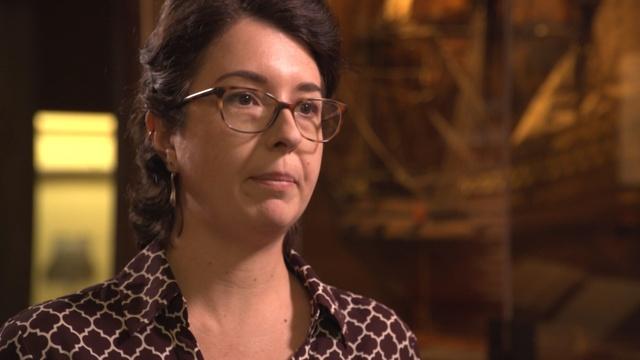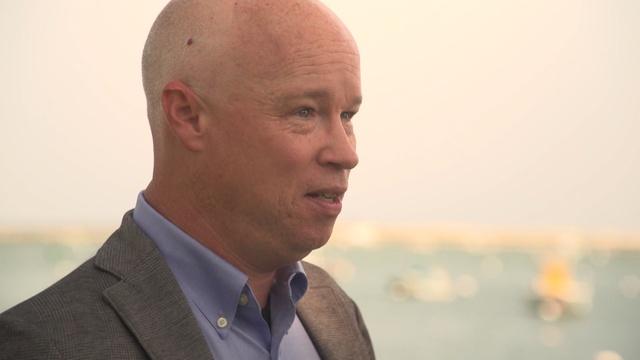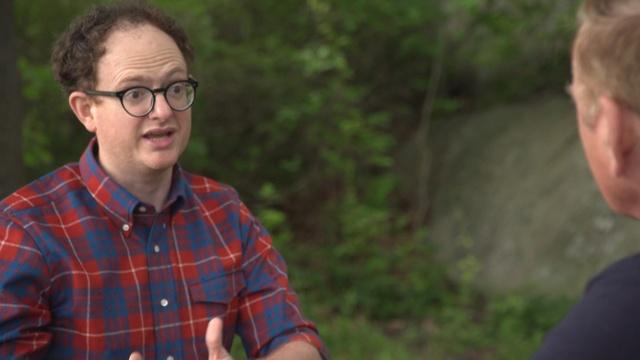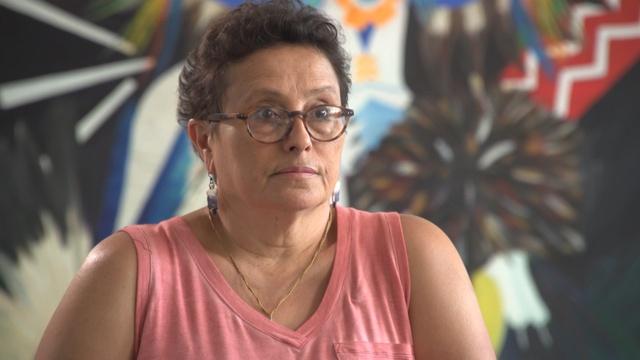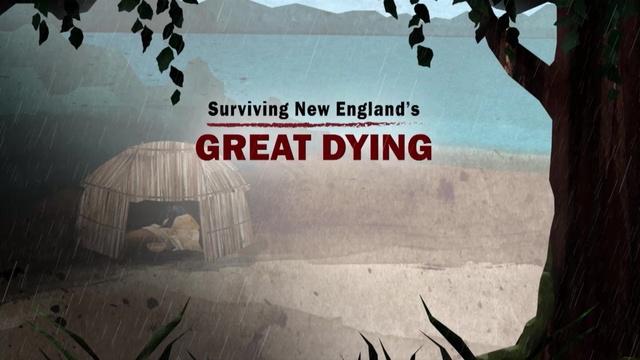We discuss a dark chapter in New England history that is rarely discussed, but has relevance today: "The Great Dying." Just prior to the Pilgrims’ arrival at what is now Plymouth, Massachusetts, a mysterious plague killed more than 90 percent of the indigenous population. It is a story of death, but also of survival, especially in the face of centuries of plague, deceitful medical experimentation, and vaccine hesitancy. This show airs on the broadcast premiere date of the new film “Surviving the Great Dying,” which airs Nov. 18th on Maine Public Television, NHPBS and WGBH.
LISTEN: https://www.mainepublic.org/show/maine-calling/2021-11-18/a-new-film-examines-the-period-in-new-englands-history-when-european-settlers-spread-disease-to-indigenous-people
Panelists:
Lisa Sockabasin, co-director, Wabanaki Public Health
Jim Smith, filmmaker, "Surviving New England's Great Dying"
Harald Prins, distinguished professor of anthropology, University Distinguished Teaching Scholar; Kansas State University
VIP Caller:
Paula Peters, journalist, educator, activist; member of Wampanoag tribe
Support for Surviving New England's Great Dying is provided by The Butler Foundation
"It isn’t every day that you hear a new fact of American History that upends all you thought you knew, like this documentary does. As a long-time resident of the Northeast, a history buff and supposedly aware person, I was shocked to hear that an epidemic wiped out Wampanoag villages all along the Massachusetts Bay coast between 1616 and 1619, creating the conditions for the Pilgrims to make their iconic settlement there. I even knew Plymouth Rock had been moved, broken, and had nothing to do with the Pilgrim’s first landing place. And that Pizarro’s defeat of the Incas in 1532 owed a lot to a civil war begun after the Inca Emperor died from a disease that the Spanish brought with them to Peru. I had visited Plimoth Plantation and spoken to the Wampanoag representatives there. I don’t remember them telling us that story.
Since seeing “Surviving New England's Great Dying in July, I have done an informal survey of friends and acquaintances, and only one person in the dozens I have asked knew this key to the first European settlements in New England. This story needs to be told. At this time of re-imagining who we are as a country, in an effort to make it “a more perfect union”,” “with liberty and justice for all”, what could be more timely? Not to mention during another pandemic which has killed approximately 1 in 500 Americans."
Barbara Butler, Trustee
The Butler Foundation
Watch More Maine Calling: A new film examines the period in New England's history when European settlers spread
